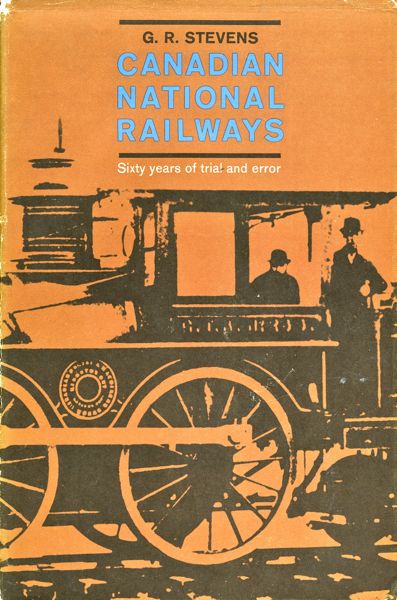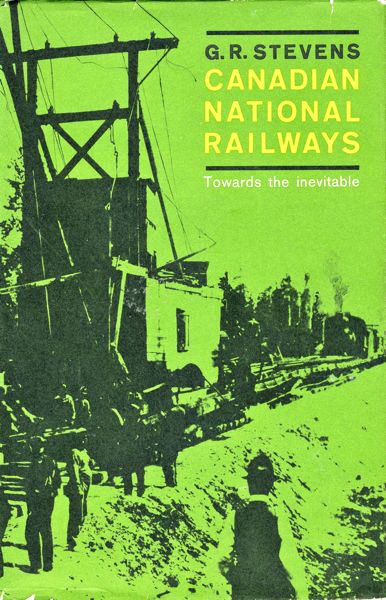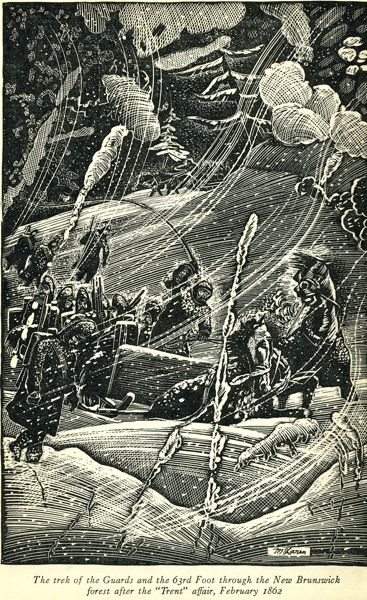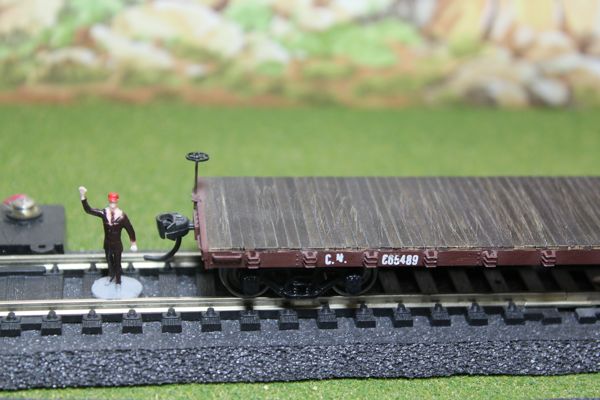Thursday, December 15, 2011 Lethbridge
5:20 am
The temperature is -8° C, with a high predicted of -5° C. From the Environment Canada website: Today Mainly cloudy. 30 percent chance of flurries. Wind becoming northwest 20 km/h late this afternoon. High minus 5. Tonight Clearing late this evening. Wind northwest 20 km/h becoming light this evening. Low minus 11. Normals Max: 0°C Min: -12°
5:30 am Morning Musings
A second sip of my first cuppa.
The first reports are in on the Comment feature at the bottom of the page. Technically it seems to be working. But it has already had an impact on my behavior. Before I added this feature I would simply create the new page each morning and then add to it as time and inclination suited me. Now I find I am actually going to the Web to see if there are any comments.
I have never used Facebook, or Twitter or Flicker or ... so I am very new to this type of social media. My initial reaction is somewhat mixed. I like the idea of the feedback, and giving my viewers a voice. But, at least at the moment, I do not know if it is possible to add a feature that alerts me when a comment has been added. Then again, maybe the best approach is to only check once a day. A related difficulty is to know when to check previous pages. ...
I hope to finish reading "1Q84" today. I have less than a hundred pages to go, but deliberately stopped yesterday so that I could enjoy the novel for one more day. It is a special kind of page-turner. One foot is clearly on the ground, but the other foot is somewhere else.
6:00 am History
I am beginning to read a non-fiction book on the history of the Canadian National Railway. The definitive work, as I understand it, is a 2 volume set written in 1960 and 1962 by G. R. Stevens. I bought this on eBay over a decade ago and read about 1/3 of the first volume when other matters came to the fore and I put it down.
 |
 |
|---|
The other notable books on Canadian railways were Pierre Berton's "The National Dream" and "The Last Spike", written in 1970 and 1971 which focused on Canada's other major railway, the Canadian Pacific Railway. This was made into a CBC mini-series and I can remember the entire country watching it in 1974.
Now that I have my model trains running, my interest in the history of the railways in Canada has been rekindled. I picked up the first volume of the Stevens book last night and re-read the first chapter.
I noticed that I had a bookmark at page 163. On the bookmark I had written the following: "Quiet Time. Slow Reading. Early Morning Webbing." A brief note from the past, and it stirred memories.
My initial reaction, again, when I read the first few pages was one of amazement. This is the way history should be written. It is gripping rather than simply a mass of facts. The first chapter is about the state of Canada in the 1830's. But the first thing one sees, even before the title of the book, is a woodblock print.

As is often the case, I had no idea of the event this was portraying. But I knew that it was a horrific achievement in a raging blizzard. Google came to the rescue but it acknowledged that this little known trek would not make much of a mention in history. We are sometimes so interested in the broad strokes of history (in this case the American civil war) that many of the fine details are totally lost in the big picture.
I am now recalling a drive we took in 1967 from Montreal to Quebec City to see the Winter Carnaval. We were one of the very few cars to get through that day as the blizzard made the highway almost totally impassible.
Back to Stevens' book. I admire the way it is organized. Each chapter begins with a brief paragraph (in italics) giving the main point of the chapter. Here is the first chapter summary:
| ARGUMENT : Great waters - seas, rivers and lakes - provided natural highways for the British North American colonies. But the fresh-water routes were frozen for five months in the year and the Canadian forest, vast, dense and forbidding, retarded colonization until the advance of steam. |
Here are the section headings for this chapter:
- The St. Lawrence Community
- The Loyalists Arrive
- Restlessness and Mass-migration
- A Fierce, Hard Land
- The Forest No Enemy
- Improvements Came Quickly
- The Role of the Timber Trail
- The Influence of Montreal
- Needs of the New Communities
- The Canadian Waterways
- Batteaux and Durham Boats
- The Era of Sail
- Steam Takes Over
- Land Communications
- The Trunk Roads
- Early Land Travel
- The Need for Something More
- The Canadian Outlook Emerges
- Steam Arrives on Land.
This is great. No battles, no famous people, no special events. Just the geography, the weather, and the people.
Here is the first paragraph:
In the 1830's trees covered the Candian colonies as hair covers a bear. Only beside a few rivers had they been thinned out sufficiently to allow settlers to win a sparse living from the soil. These rivers were the basic facts of Canada; they were gifts of nature destined to shape the nation. Everywhere illimitable oceans of trees blocked the passage of explorers and discouraged the land-seekers; but wherever the rivers ran there were breaches in the walls of the forest. [p. 3]
I cannot recall a better introduction to Canadian history anywhere. And this is a book about trains.
I also googled "Durham boats". http://durhamhistoricalsociety.org/history2.html
8:20 am Model Trains
Here is another photo of a boxcar with a geologist's ruler (5 cm bars), plus a man, plus a Morgan. The Morgan is larger than HO scale. It is also the wrong color but I will change that.

I also agree with the comments on Dec 14 about weathering. Thanks for reminding me of this. I will put this near the top of my priorities. I did pay attention to this when I built another flat car a few years ago, but the idea then floated away before I started trying to do this with my other rolling stock.

4:00 PM Literature

I have finished reading Haruki Murakami's latest novel, "1Q84". Unreservedly fantastic!
Even Chekov makes mistakes.
The quotes are, once again, sentences that had a special effect on me. They do not reveal anything of the storyline.
- "But he wanted to hear people's voices, so he endured listening to the inane programs, wondering all the while why people would produce such idiotic shows and go to the trouble of using the airwaves to disseminate them." [p. 764]
- "To rephrase Tolstoy's famous line, all happiness is alike, but each pain is painful in its own way." [p. 867]
- This refers to the first sentence of Anna Karenina.
- There were a few allusions to Proust's "In Search of Lost Time" that would only be meaningful to someone who has read it. I am one of those few.
The following is a new feature that I am testing.
HTML Comment Box is loading comments...